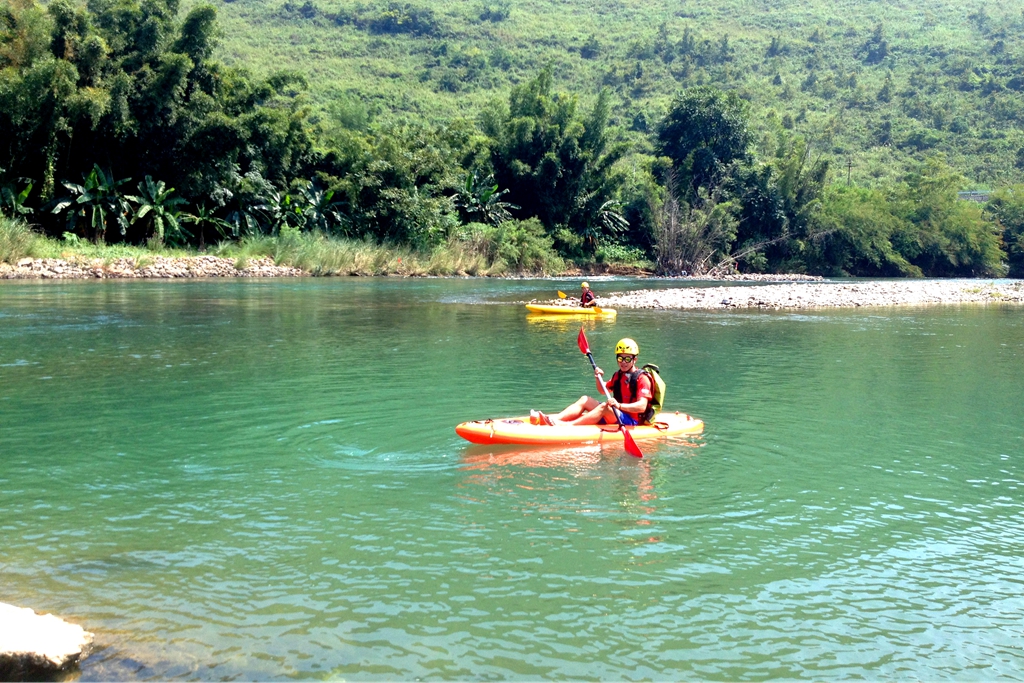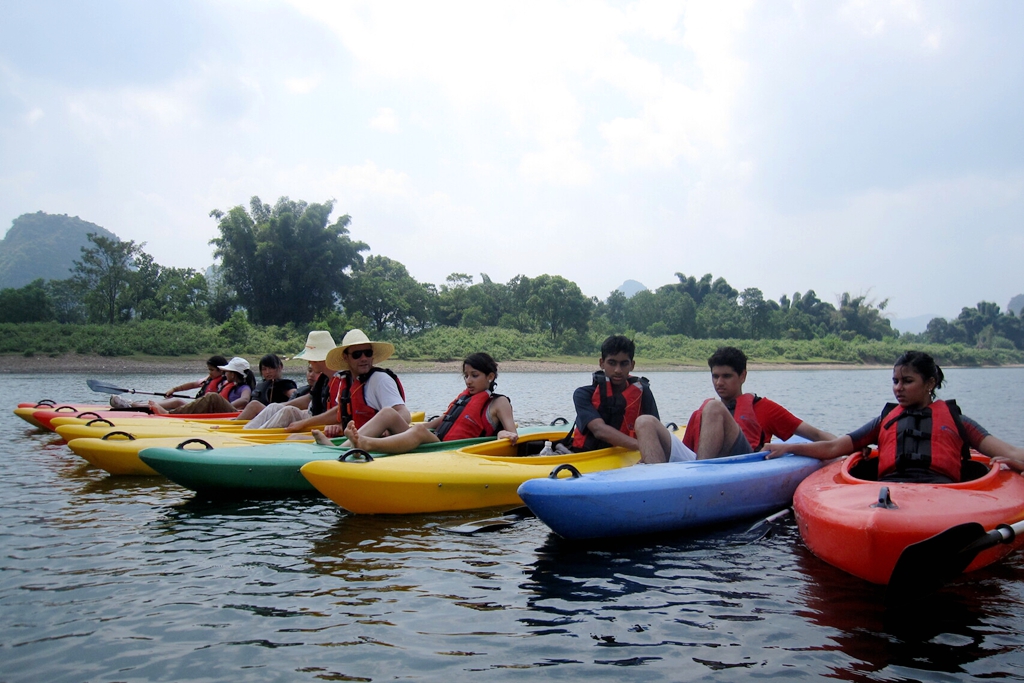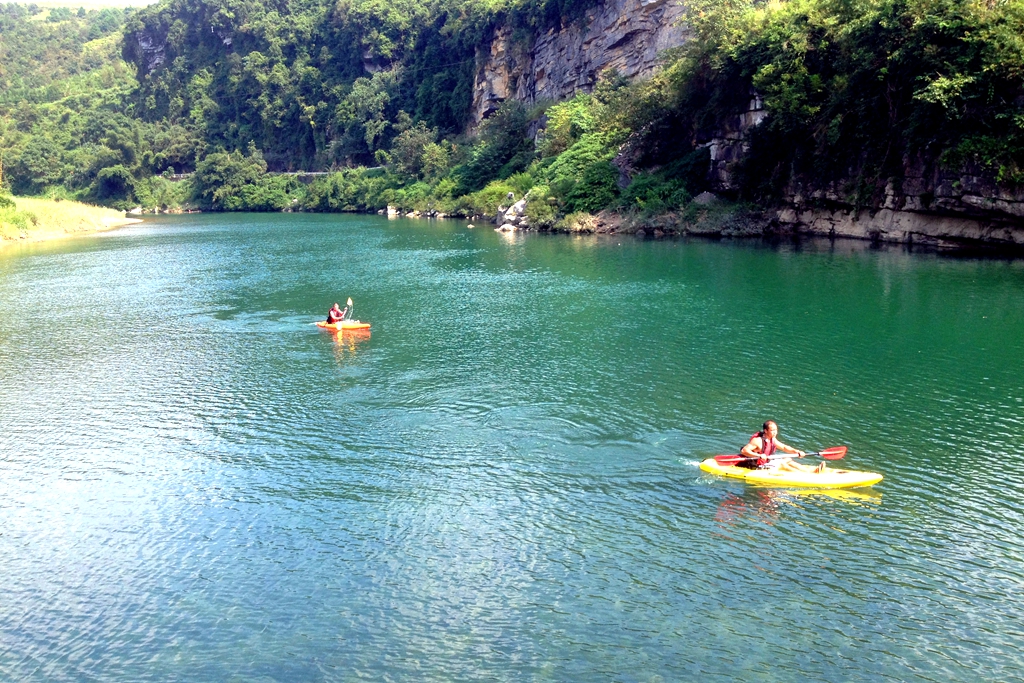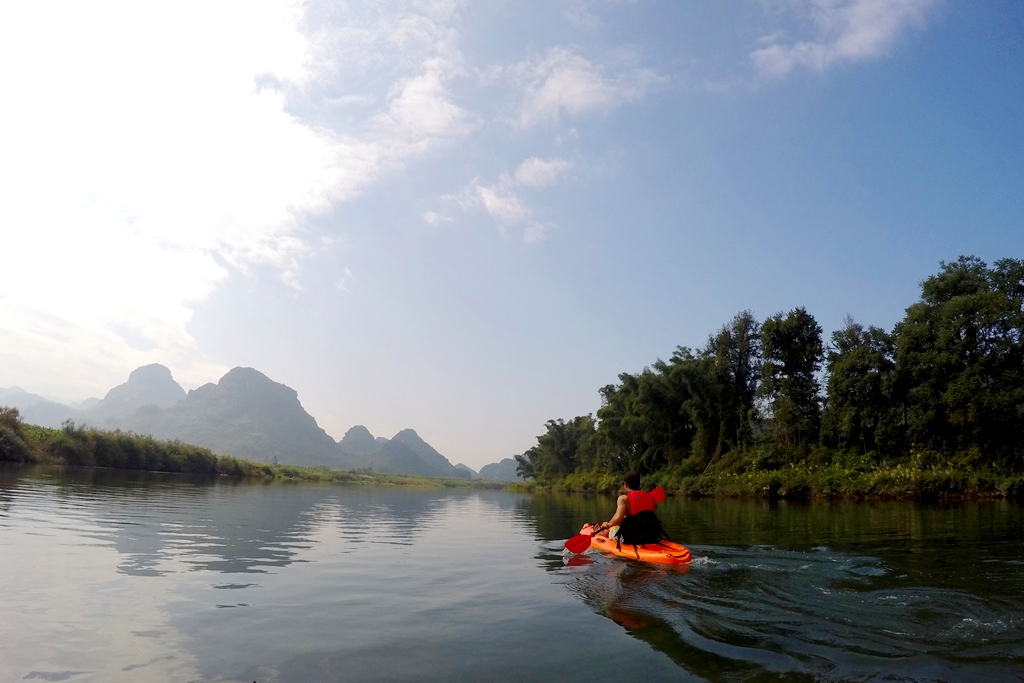Terratribes Articles

Kayaking
Edited by https://www.youthwork-practice.com/ photos by Terratribes
Kayaking gives the young people an idea how the adventurers and explorer of the early days felt. They explore their immediate world of rivers and lakes within the safety of a group. The kayak is an open boat, which is controlled by either one or two man. This type of boat is basically a canoe that can be subdivided in a kayak and Canadians depending on its particular built.
Kayaking is especially suitable for older children and teens because to handle the small boot it takes a lot of energy from all participants. For younger and inexperienced kids kayaking is more appropriate for lakes then wild water rafting. This is important so that they are familiar with the basic techniques on board. The introduction should be done by a professional trainer, includes a practical as well as a theoretical part.
In the practical part, the participants will learn the techniques of the main paddle strokes. These are important because paddling in a kayak should be done as gently as possible. After all, the participants spend several hours - on long kayak tours – even several days in the small kayak. In the theoretical part, they learn how to manage best the current.
Why kayaking should take several days
Especially for untrained and inexperienced groups it is advisable for the youth worker, to plan this event for several days. This gives the participants some free time after the introductory course, for games or to get to know nature in and of the water. They see an immediate success of their efforts: The performance can be increased day by day so that participants during the canoeing have immediate experiences of success.
What do participants learn while kayaking?
The most relevant experience, while kayaking, is the confrontation with the element water. This experience will be more intense the realer the chosen route for the canoe trip is. In the case, this was an activity the youth group can undertake more frequently the same group of young people can stay together. Only the difficulty of the trip increases until they can cope even in wild water sections. Here you can experience on a small scale the struggle of the elements.
Why sticking together is important
To strengthen the team spirit as a whole, kayaking should be enhanced with other adventure-based elements. A bivouac with joint activities such as joint preparation of meals around the campfire is quite suitable for such an experience. Also, the youth worker should make sure to select a provider that offers two-seater kayaks. In this case, participants can take off each day, with their little kayak fleet and learn how to grow together to a well-coordinated team. The joint experience of navigating the kayaks can develop a real sense of togetherness. This opens the possibility to form good friendships in real life.



